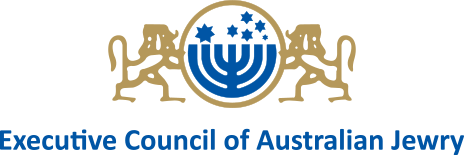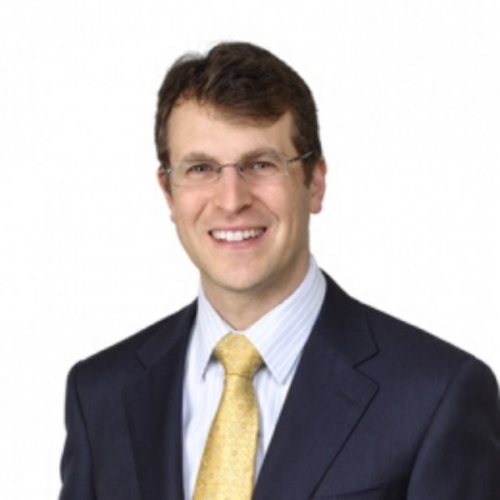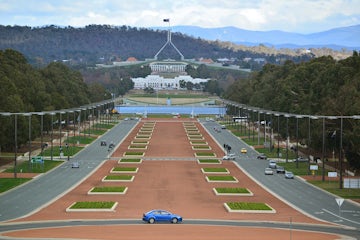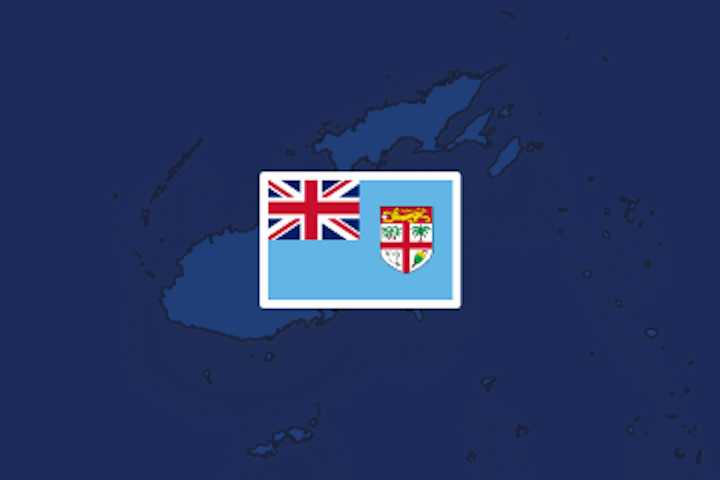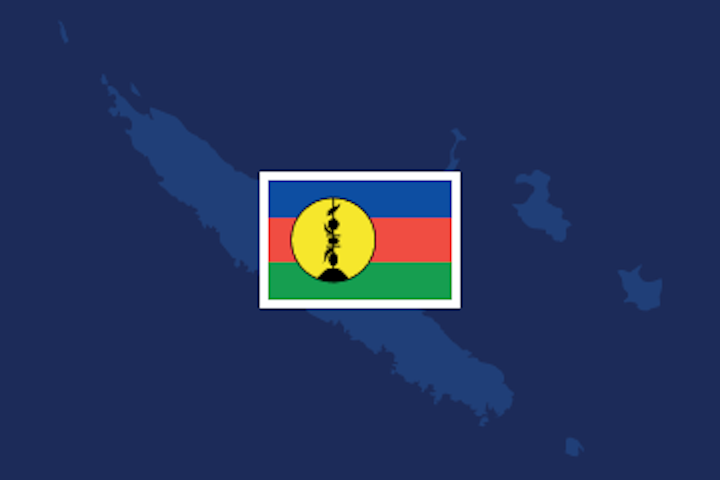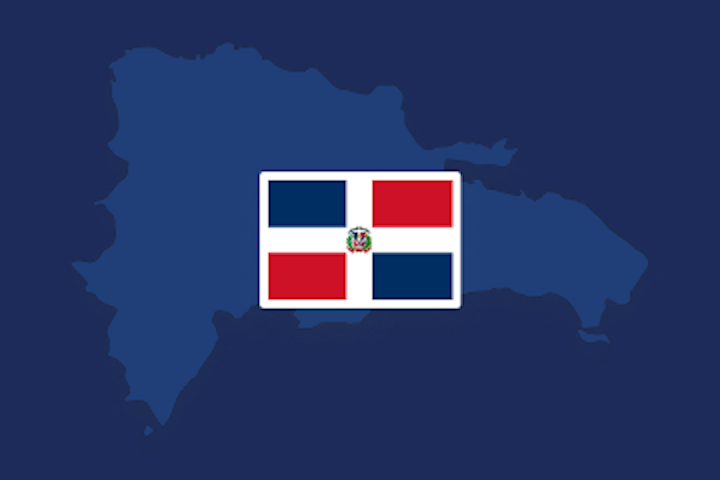Australia’s Jewish community is uniquely cohesive; members from the many different congregations, whose children attend different schools, and who may maintain differing levels of observance all meet at communal functions, personal celebrations, and social events.
The Hobart Synagogue was consecrated in 1845; it was built on land donated by Judah Solomon, a former convict turned businessman, although services were held in homes and rented premises earlier. It is the only known shul to have had seats set aside for convicts, many of whom were granted permission to refrain from work and attend Shabbat services. The congregation also provided free Shabbat meals for the prisoners.
Following World War II, the sixth Rebbe sent several emissaries to bolster Judaism in Australia. Lacking language and resources, they more than compensated with love, joy and inspiration. Their work was boosted when Rabbi Yitzchok Dovid and Rebbetzin Devorah Groner moved to Australia in 1958 at the Rebbe’s behest. What was initially intended to be a three-year stint turned into a lifelong mission, as they threw themselves into building and cultivating the Australian Jewish community.
At the time of his passing in 2008, Isi Leibler, a former president of Australian Jewry, said: “History will record that Rabbi Yitzchok Groner was beyond a doubt the greatest Australian Jewish leader of the past century.”
The Rabbinical College of Australia and New Zealand was founded under the direction of Rabbi Zalman Serebryanski, one of the Russian-born Chassidim who formed the basis of the Chabad community in Australia, when Yeshivah College High School had a graduating class of six young men who were ready to pursue advanced, post-high school Judaic studies.
A year later, their ranks were bolstered when the Rebbe dispatched six senior North American rabbinical students to join them for a two-year term. At the Rebbe’s urging, the students visited the Jewish communities in Sydney, Adelaide, Brisbane, New Zealand and even Tasmania. The Rebbe continued to send cohorts of American students, a tradition that lives on until today.
Today the majority of Australian rabbis are alumni, as are hundreds of Judaically educated and inspired lay leaders. There are nearly 200 Chabad emissary couples serving Australian Jewry as teachers, congregational leaders, and other pastoral positions. There are currently Chabad centers located in six Australian states and the Australian Capital Territory.
There are currently an estimated 80 synagogues throughout Australia. Melbourne’s annual Chanukah in the Park event is attended by an estimated 10,000 people each year, from across the spectrum of Jewish observance. And that’s just one example!

